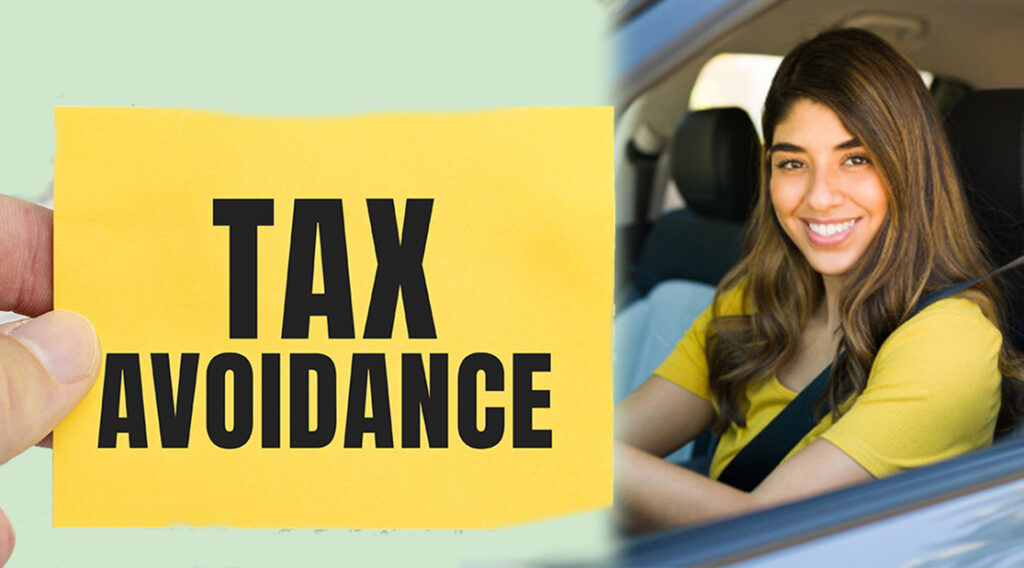Federal tax law says that everyone should pay taxes, irrespective of the type of job. Even if you have a side job, you are obligated to pay taxes. Well, we all know that taxes are automatically removed from your paycheck, but there are steps on how to avoid paying taxes on side jobs you may be interested in.

Paying taxes is very important, and each time you don’t, you will face financial penalties. Even if you receive a very low income, you are required to pay taxes.
However, paying taxes from your side job may be quite expensive, but if you know how to avoid paying taxes on side jobs, it will be easier to manage.
How Much Do You Have to Pay in Taxes With a Side Job?
Well, you will need to pay taxes for self-employment, which is 15.3% of your income. You also need to pay income taxes, which range from 10 to 37% depending on the level of your income.
All these in total mean you need to pay at least 25% of your income tax payment. Every time you get paid, you will need to give this percentage of your income to the taxpayer.
How to Avoid Paying Taxes on My Side Jobs
Unfortunately, you cannot completely avoid paying taxes on your side jobs. You can itemize your deductions when you file your taxes to reduce the tax burden.
Doing this will make the taxes you will be paying less, and it won’t be a big deal anymore. Using the strategies given below, you can easily lower your taxes.
1. Your Business Ordinary and Necessary Expenses
Some expenses are seen as ordinary or unnecessary, especially for self-employed personnel. These expenses are avoidable and needed for running your small business or side job. For instance, office supplies and some insurance policies that are legally required are tax deductible.
Also, some necessary expenses are helpful for your side job or small business, but they are not vital. You can decide to reduce 50% of your meal expenses that are discussed in business. However, it is important to keep track of every receipt for your necessary and ordinary expenses to aid in cost reduction.
2. Business Related Expenses
Just like W-2 employees are given limited access to work-related deductions, self-employed personnel are even better. They have more latitude with work-related deductions. For instance, different side jobs require vehicle use.
So, deductions for cost or registration fees, fuel, insurance, and repairs can be made. Also, if you are in a phone-related business, a deduction of phone costs can be made possible. For example, 50% of your monthly phone bill can be deducted from your taxes.
3. Home Office Reduction
For side hustlers who run their small businesses or side jobs from home, you can use the home office deduction to your advantage. Before you can do this, you need to have a space you regularly use for your side job.
You also need to make this space a primary spot where you run your side jobs and small businesses. Unfortunately, some side jobs do not qualify for deductions, including daycare, hospitality, and storage.
4. Keep Track of Your Payments
Keeping well-detailed records is another essential way to increase your deductions. You need to back up the figures on your taxes, but this is only if the IRS audits you.
Because of this, it is recommended that you state all your small business or side job receipts, record all your expenses, and make a system that lets you organize all your information.
For side hustlers who have issues with complex tax situations or need help maximizing their tax returns, this is the best method to use.
How Much Must I Earn With a Side Job to Pay Taxes?
Before you start paying taxes for your side job, you need to be earning at least $400. If you work for a company or person who pays you more than $600, you should be provided with a 1099-NEC form for nonemployee compensation for your tax return.
What Happens If You Do Not Pay Taxes on Your Side Jobs?
If you do not pay your side job taxes, it will lead to financial penalties from the IRS. This means that you will be charged and asked to pay a certain amount of money. You will have to pay the taxes owed plus a penalty percentage.
Your penalty percentage maybe 0.5% for every month you do not pay your taxes. But the IRS does not charge you with financial penalties if you can get at least 90% of your taxes each year, and if you don’t makeup for that amount, you will be charged with penalties.
